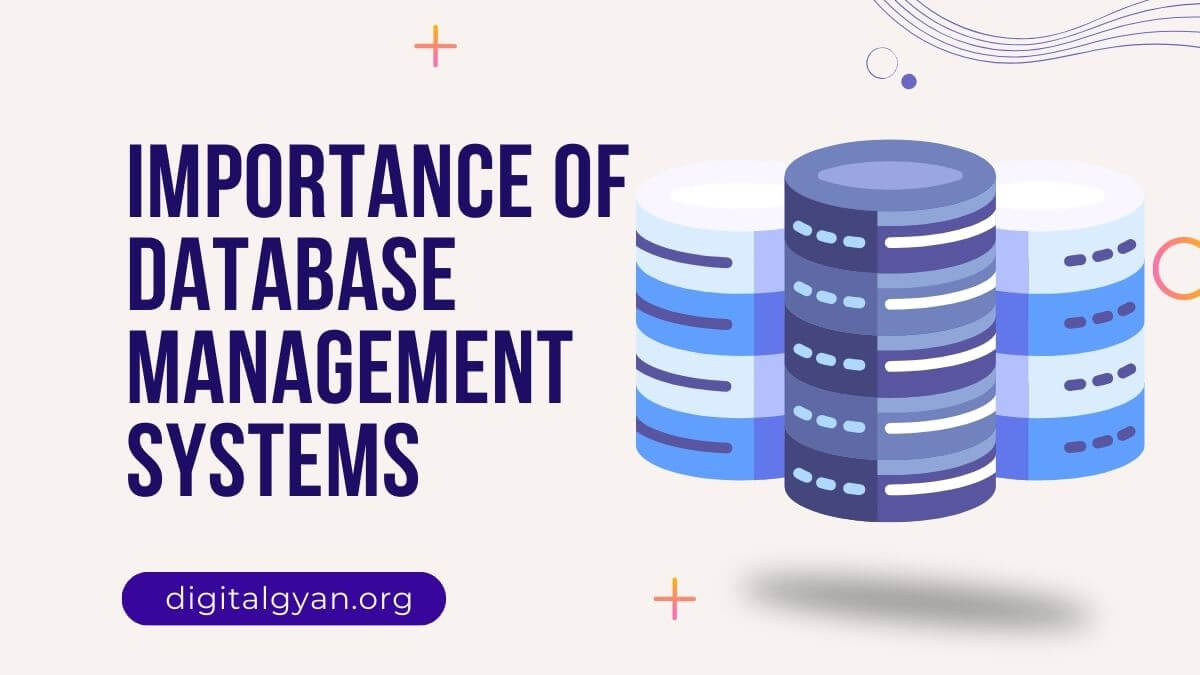Benefits and Limitations of Online Databases
Online databases are now an integral part of storage, access, and management of large amounts of information. For academic research and business operations to personal data management, these online databases offer convenience and efficiency at a level unprecedented. With the click of a mouse, users can retrieve structured information, collaborate in real-time, and make decisions based on data.
Despite online database advantages related to access, this means scale. Limitations may accompany a bevy of beneficial traits surrounding this format of online collection and analysis storage. Indeed, questions in most instances encompass a certain aspect that requires understanding its risks to an information database with related management aspects costing and involving securing it, its maintenance. End.
In this article, we will discuss the essential benefits and limitations of online databases in suitability thereof in particualr situations.
The Advantages of Using an Online Database
Many of these databases have been around for quite a while and are known by different names depending on the type of database provider. For example, many companies provide online databases to businesses, such as IBM, MySQL, Amazon, and MS Office 365, to name a few.
Always Availability
With online databases, information is now more available than ever in history. Copious amounts of publicly accessible and constantly updated information are at their fingertips with mere clicks of the computer mouse. An online database, therefore, would be a godsend for the researcher of every kind since online databases can literally be accessed with an Internet connection from anywhere around the globe. Researchers on an extremely tight budget may appreciate this fact: the majority of such online databases offer free access.
Elasticity
A web-based database is elastic and can store an endless amount of data. When there is an increase in data flow, additional storage space can be assigned and scaled up or down as necessary.
A database that is elastic can automatically expand or contract depending on the amount of work performed. In typical on-premises databases, expanding or deleting capacity must be performed manually. There are numerous advantages to possessing an elastic database. First, it can save money by utilising only the resources required at any given time. Second, it can enhance performance by adding capacity when necessary and removing it when it is not.
Finally, an elastic database helps ensure that your database is constantly accessible. If demand increases rapidly, the database can expand automatically to accommodate it. Similarly, if the market declines, the database might be reduced to save money.
Also Read: Explain the Types of Data Transmission Cables
Real-Time Retrieval of Data
Online databases offer real-time updates. This means that any changes or additions made to a database can be immediately reflected in the system, without the need for manual intervention.
Real-time updates also mean that users can access the most current information at any time. Whether it’s stock prices, news headlines, or product availability, online databases give you real-time and accurate information to help you make quick decisions. This feature is especially useful in industries such as finance and healthcare, where real-time information is crucial.
Moreover, online databases provide real-time updates and are highly accessible. Users can access these databases from anywhere in the world, as long as they have an internet connection.
Also Explore: What is the Difference Between DBMS and RDBMS?
Cost-effective
Several factors contribute to the cost-effectiveness of online databases. Secondly, they eliminate the need for physical storage, which decreases maintenance and physical space costs. They also provide easy and rapid access to data, which minimises the time and resources required for manual data retrieval. Thirdly, they enable real-time updates and synchronisation, eliminating manual updates and ensuring data accuracy. In addition, online databases provide remote access and cooperation, thereby minimising the need for travel and office space. They also provide scalability, enabling enterprises to extend their databases without incurring large costs.
Limitations of an Online Database
Security
Many security issues are involved with online databases. Unauthorised access represents one of the most severe hazards. A person with unauthorised database access may be able to read, update, or remove data. This could result in the loss of sensitive data or the change of vital data.
Another risk is the possibility of data breaches. If a database is not properly protected, hackers may be able to access its information. This could lead to the theft of sensitive information or the modification of essential data. There is also the possibility of data corruption. This can happen if a database is inadequately managed or utilised. This could result in the loss or change of essential data.
Switching Costs
Switching costs refer to the expenses and challenges that a user may face when transitioning from one product or service to another. In the case of online databases, switching costs can be a significant limitation. Online databases often require users to invest time, resources, and effort to learn how to use them effectively. Additionally, users may have to pay fees to access and use the database. Switching to a different database would require the user to repeat the learning process and potentially incur additional costs. This limitation can discourage users from switching databases, even if they are not completely satisfied with their current one. As a result, it can limit competition and innovation within the industry.
Also Read: Everything you need to know about SQLite

